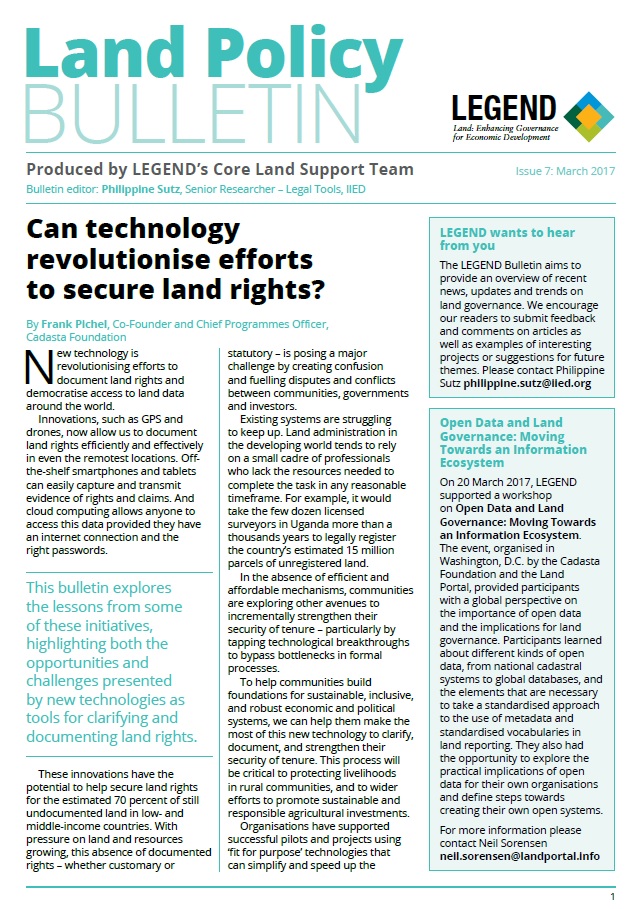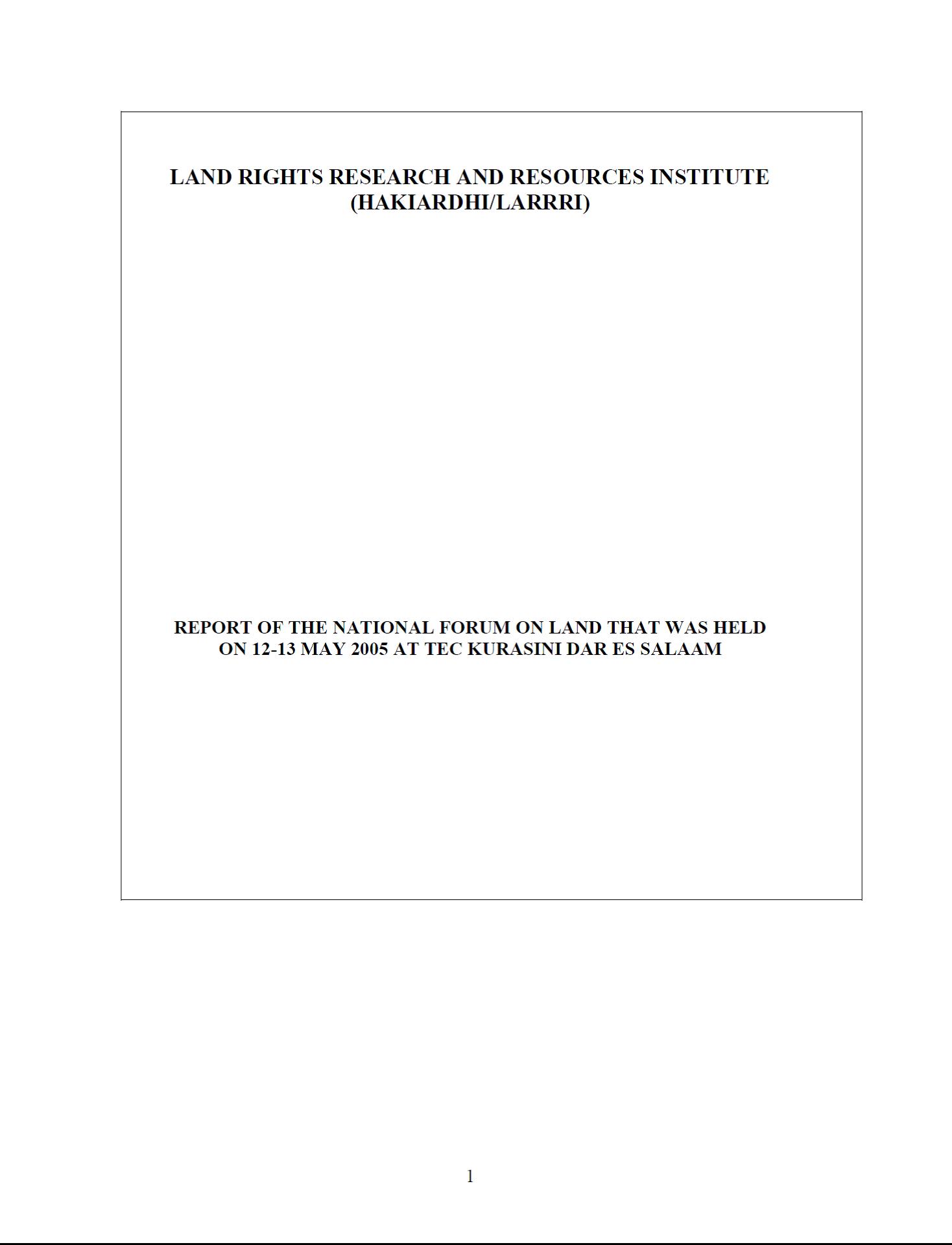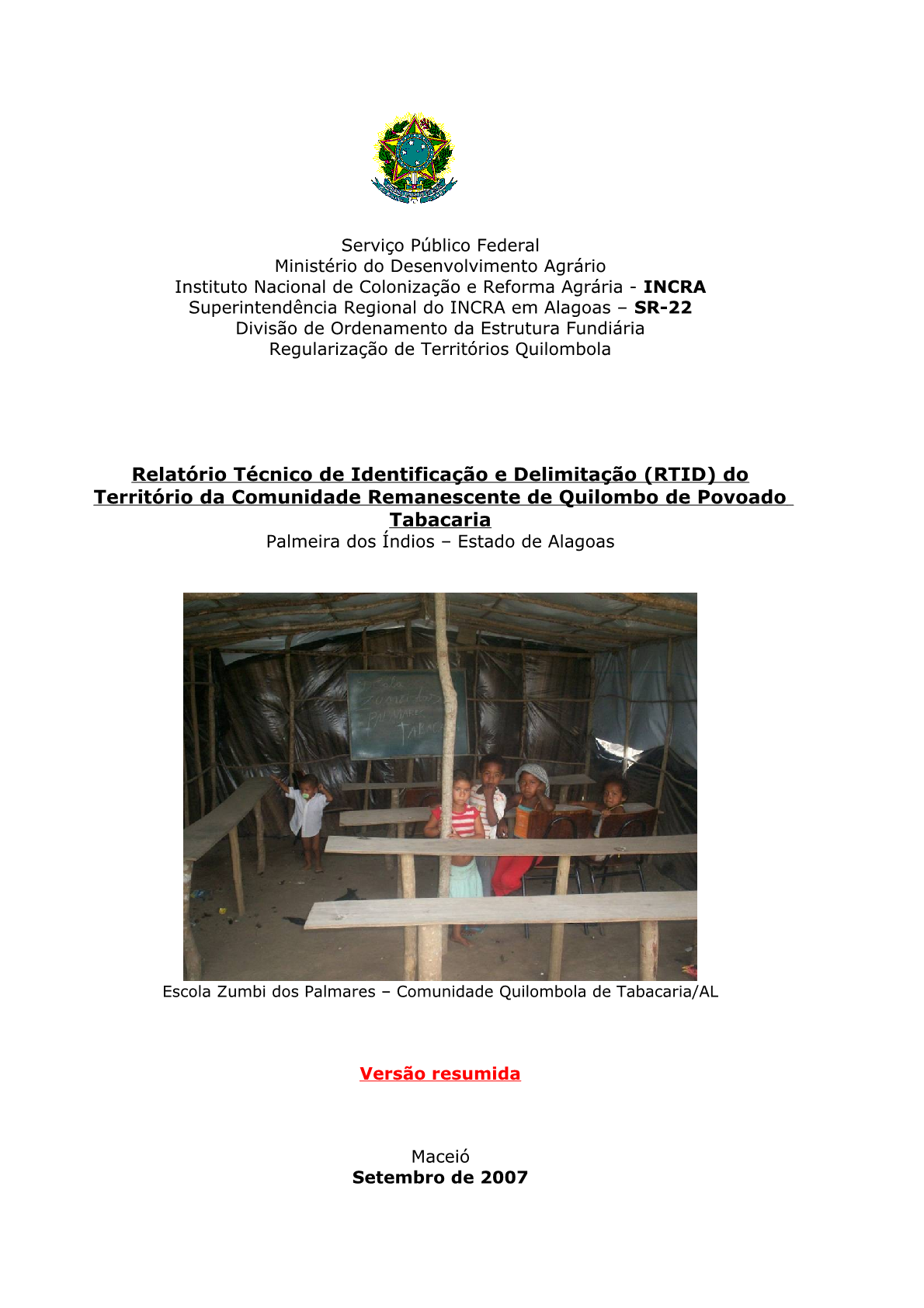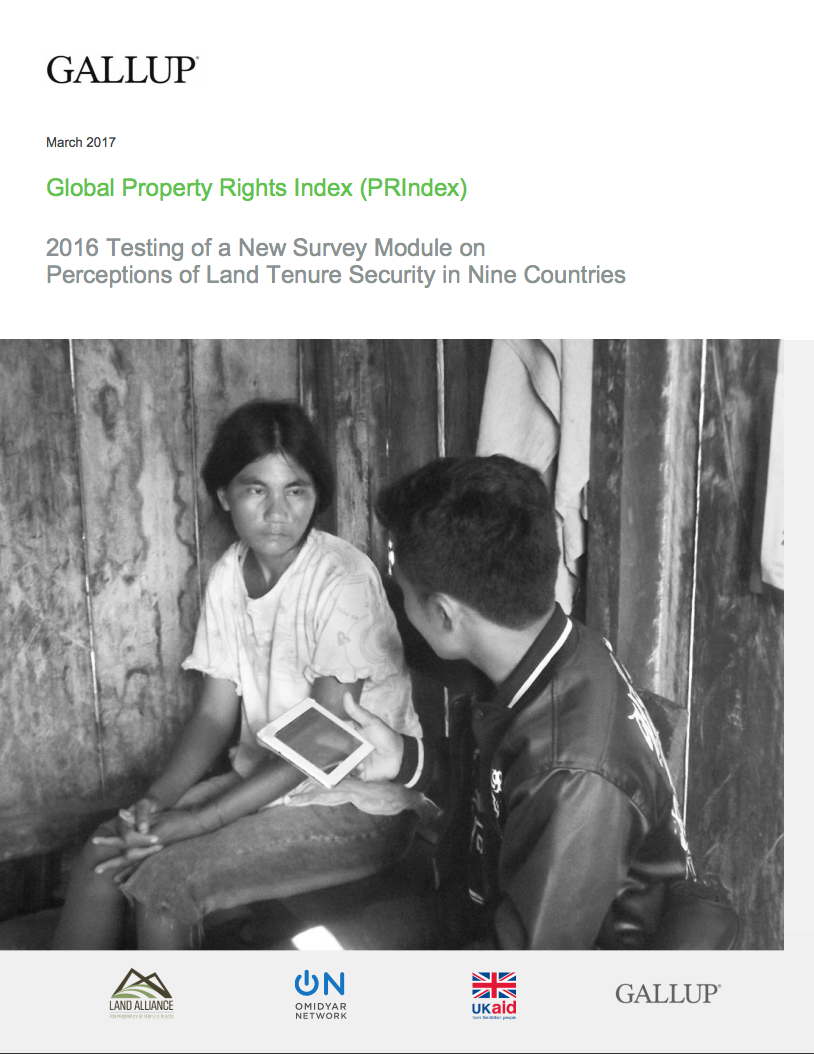Olhares Agroecológicos: Análise econômico-ecológica de agroecossistemas em sete territórios brasileiros
A ideia de produzir este livro teve origem em um esforço compartilhado por organizações e redes vinculadas à Articulação Nacional de Agroecologia (ANA) de sistematizar evidências dos benefícios do enfoque agroecológico na gestão técnico-econômica da agricultura familiar, aqui apreendida em suas variadas formas de organização produtiva e expressão identitária.











